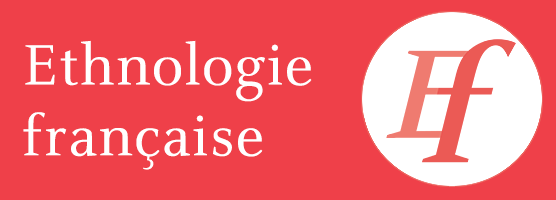Kinship, Community, and Care: Rural-Urban Contrasts in Croatia
Kinship, Community and Care: Rural/Urban Distinctions in CroatiaBased on the study of an urban and a rural field site in Croatia, the article analyses the meaning and roles of relatives in post-socialist Croatia. It argues that despite various commonalities, like the proximity of the close family and extensive family orientation, two rather distinct kinship rationalities are at place. In urban Travno, spatial proximity of the close family fosters intra-familial support, which enables families to react on the new flexibilities of the working life as well as supports women to establish themselves on the labour market. In the rural field site, in which the labour market situation is more constrained, family proximity and strong family values lead to the retreat of women into the domains of the household and of (subsistence) agriculture. Those who do not comply with it opt for outmigration. The growing importance of life stage festivals, in which the dense, overlapping networks of relatives, neighbours, friends and godparents, are recreated and values re-established, stabilizes village communities and their distinct kinship rationality.
Keywords
- famille
- entraide
- contrastes ville/campagne
- Croatie
- post-socialisme
